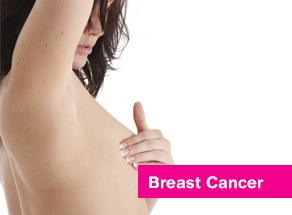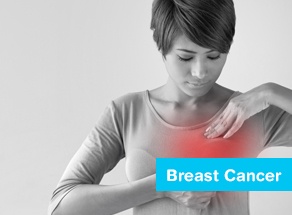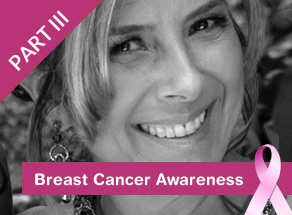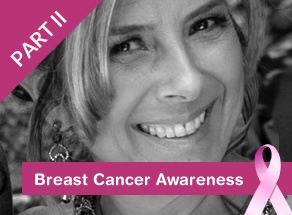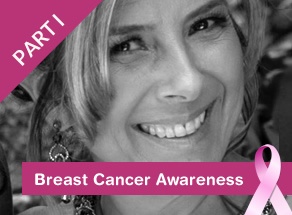Preventive Care
A Year in the Life of a Breast Cancer Survivor
01/02/2015 12:51pm | 7528 viewsBy Melina Fregoso
On January 1 of this year, I was honored to ride on the City of Hope Rose Parade Float in Pasadena, CA. How did I end up being part of this celebration and representing so many patients and cancer survivors? This is my story – and how everything eventually started coming up roses again.
Preventive Care
When Cancer Is in Your Genes: Should You Consider Genetic Testing?
12/05/2015 10:51am | 7537 viewsIn many families, cancer genes are passed down through generations like an unwanted heirloom. But thanks to ever-improving genetic testing, doctors are able to identify these genes better than ever before – and offer patients treatment options to not only stop cancer from setting in, but to stop the gene from being passed on as well.
Preventive Care
What Every Mother Should Teach Her Daughter About Breast Cancer
08/03/2015 03:14am | 7564 viewsGrowing up in a Hispanic household, my family was very modest. Nudity in any form was not accepted behavior. (I won’t even begin to get into the topic of walking barefoot). We never walked around the house without clothes in front of each other. That was completely a taboo. I remember taking showers with my best friend, Frances, when we were 7 and wearing swimsuits in the tub. Even as a young child of 3, at the beach I was never allowed to run around nude or without a top. Breasts were something we never talked about. They were something that needed to be covered up at all times no matter how old you were.
Preventive Care
Door-to-Door Breast Cancer Intervention: the Leading Cause of Cancer Death in Hispanic Women
01/05/2015 10:18am | 7255 viewsBy Leslie Jacobson, The Breast Milagro
A poster at the San Antonio Breast Cancer Symposium grabbed our attention: “Impact of a Culturally Syntonic Door-to-Door Breast Cancer Early Detection Intervention.”
Preventive Care
Making Tough Choices
28/04/2015 10:06am | 7569 viewsHESTER HILL SCHNIPPER, a licensed independent clinical social worker, is a breast cancer survivor and the manager of oncology social work at Beth Israel Deaconess Medical Center in Boston. She also writes a daily blog, Living With Breast Cancer, for the hospital's website. In an article for Cancer Today Magazine, she offers 12 pointers to ease some of the burden associated with difficult treatment decisions.

